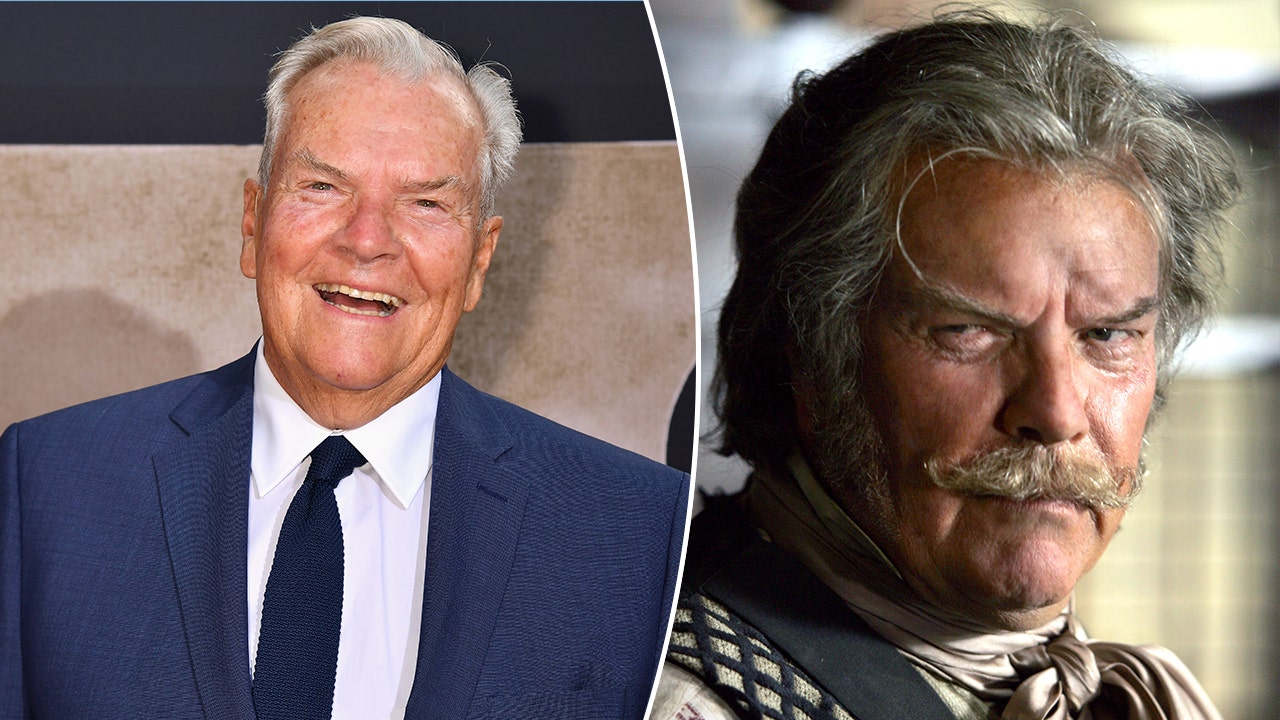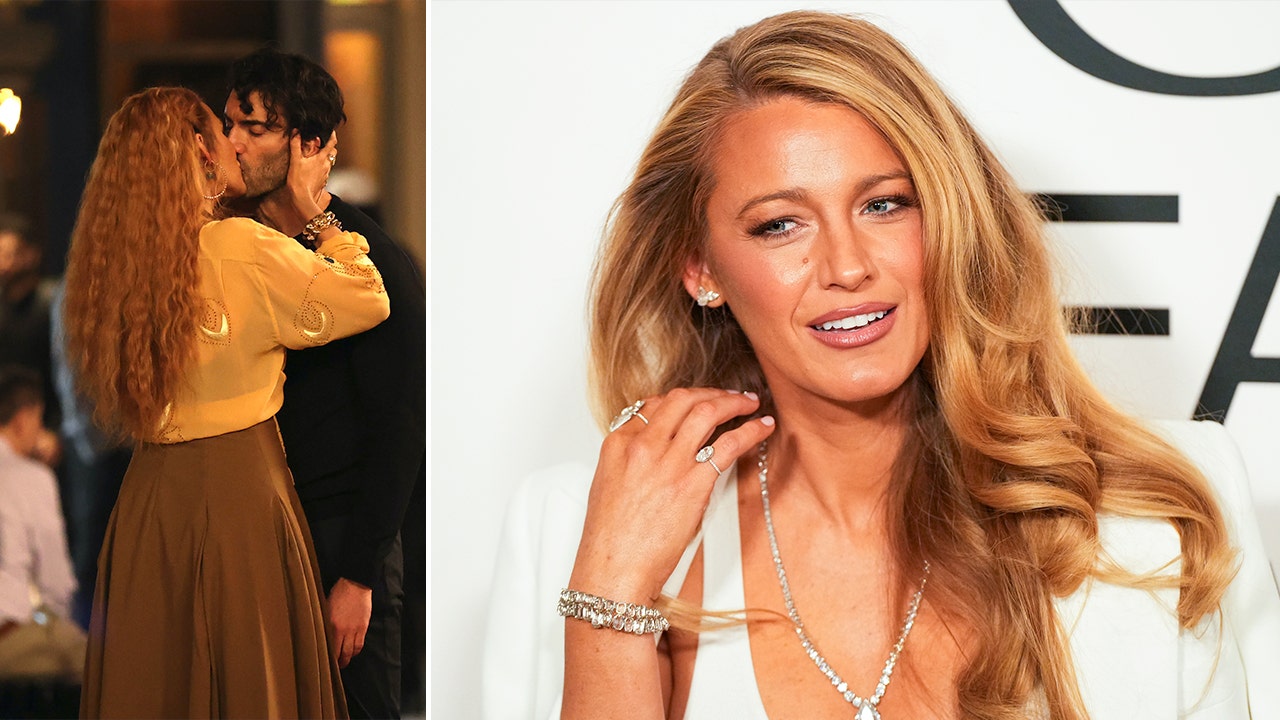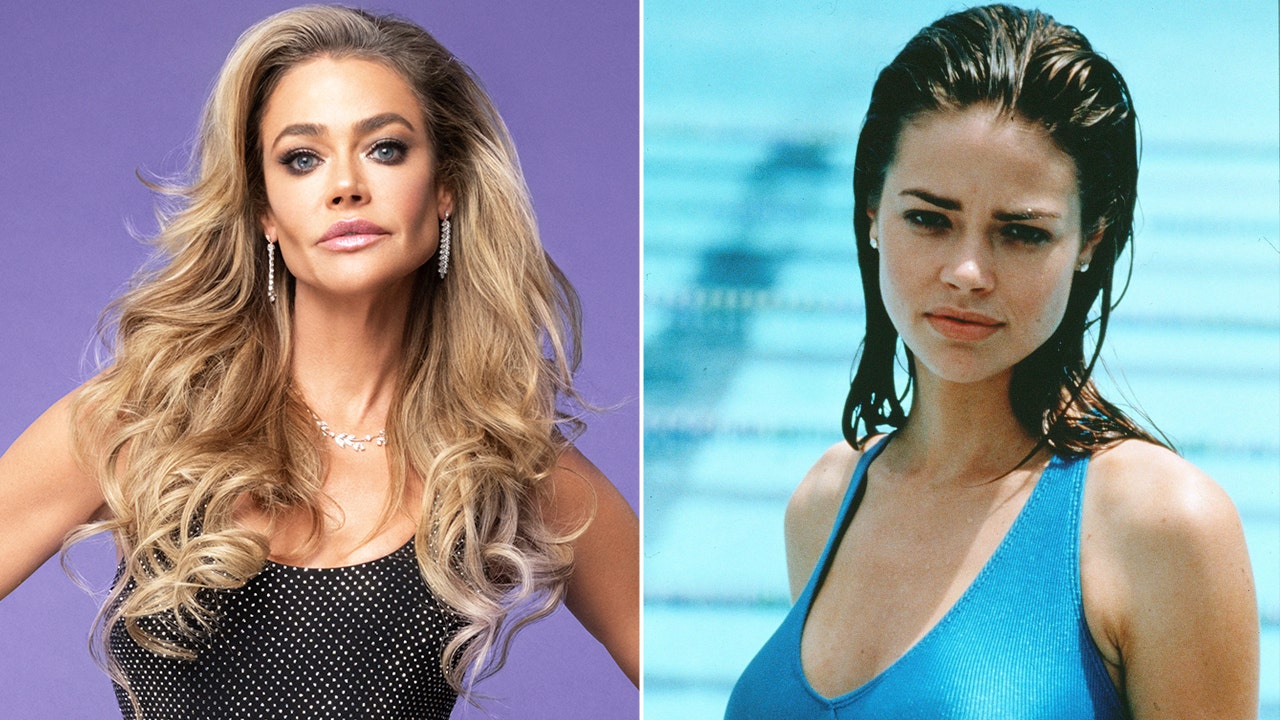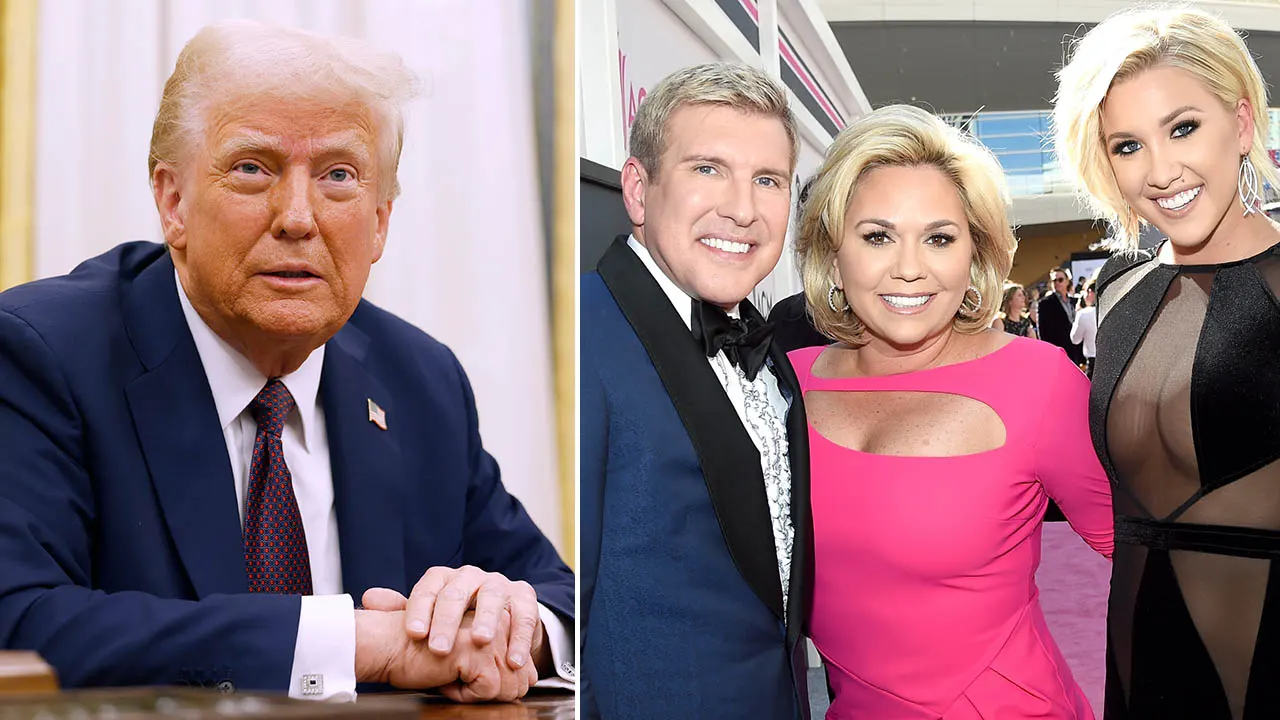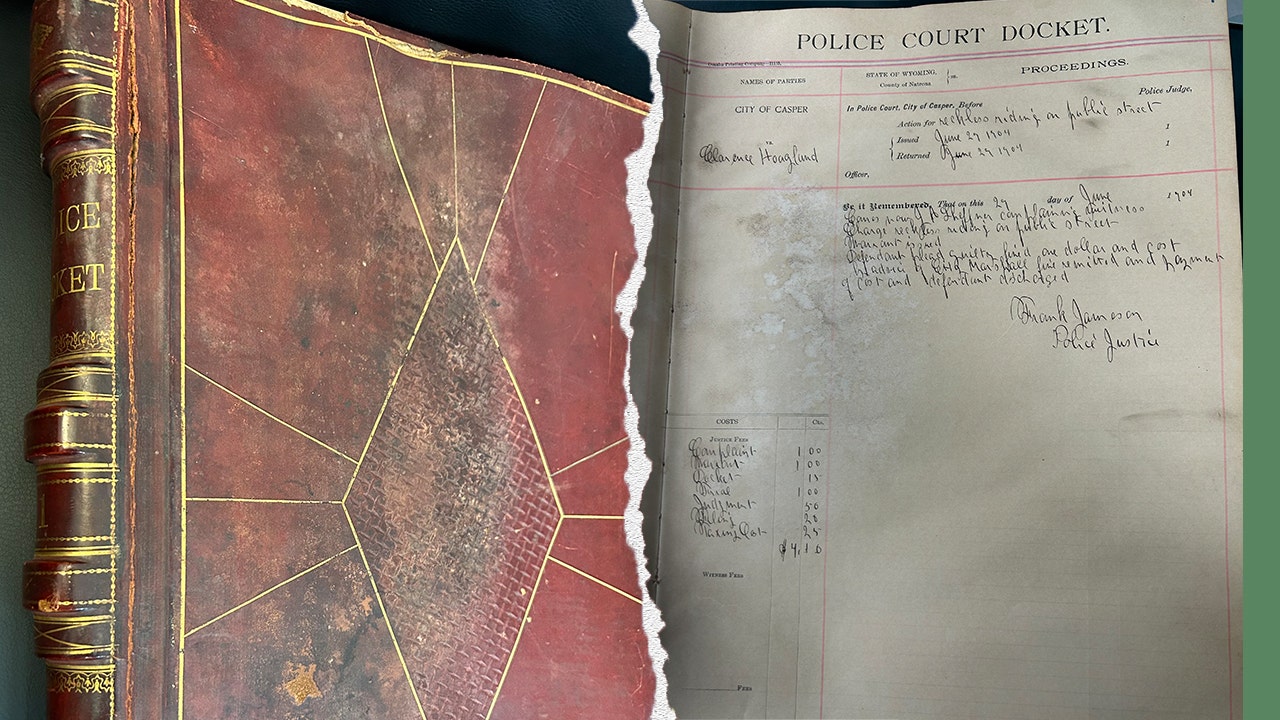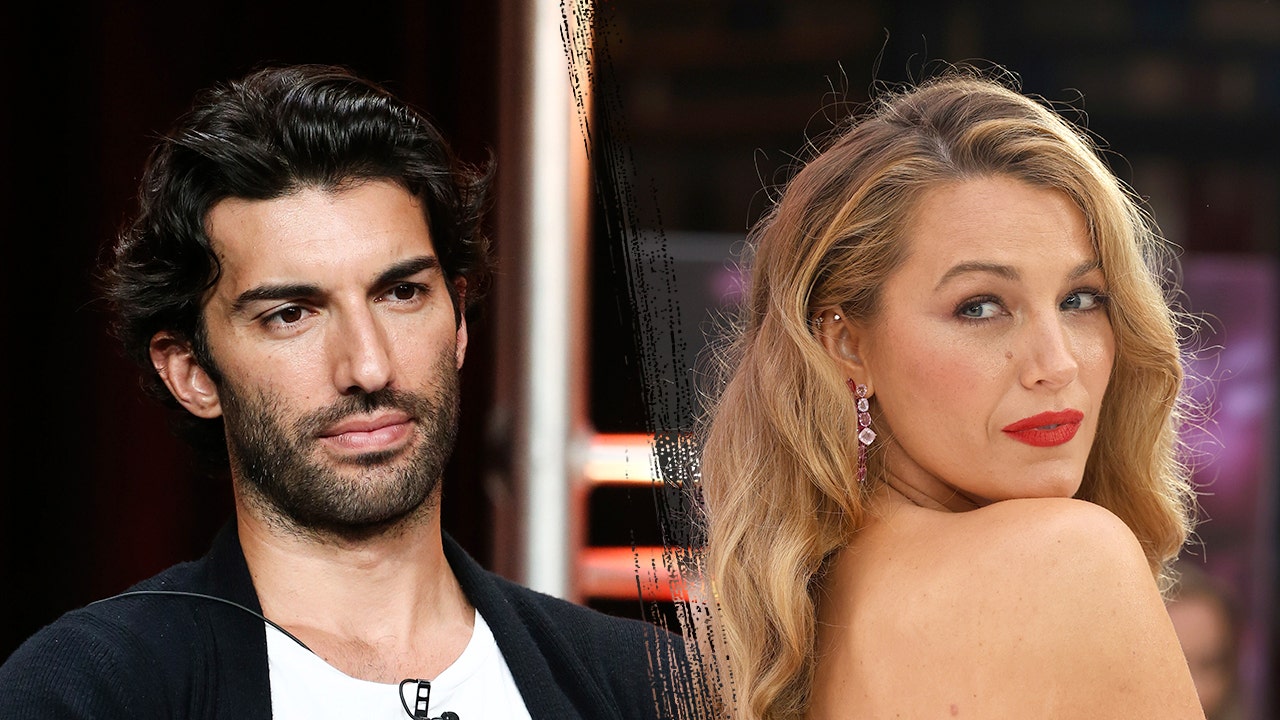Justin Baldoni is accusing Blake Lively’s husband, Ryan Reynolds, of mocking him in the “Deadpool” movie as he prepares to file a lawsuit against the actress.
Following their collaboration in the film adaptation of Colleen Hoover’s gripping narrative, “It Ends With Us,” Lively has alleged harassment against Baldoni. Christmas came early in August when the film debuted, but Lively’s subsequent claims of Baldoni’s involvement in a smear campaign against her tarnished the festive spirit.
In an unexpected twist, Baldoni’s legal representatives are urging both the Walt Disney Company and Marvel Studios to retain “all relevant documents and data.” The potential lawsuit seems to target not only Lively but also her notable husband, Ryan Reynolds.
“Marvel should take all appropriate action to avoid destruction of potentially relevant evidence.”
A litigation hold letter, often sent before a lawsuit, has been issued. This letter includes a request for Marvel to preserve documents tied to the creation of the “Deadpool” franchise. One can only wonder how a fictional universe filled with comedy and superhuman antics could produce such heavy accusations.
Baldoni’s legal counsel, Bryan Freedman, has raised eyebrows by suggesting that Reynolds ridiculed his client with the whimsical character, Nicepool, in “Deadpool & Wolverine.” He demands access to any documents that illustrate a “deliberate attempt to mock, harass, ridicule, intimidate, or bully Baldoni through the character.” There is something unsettling about watching humor so closely mirror real-life conflict.
“There’s no question [the character] relates to Justin,” Freedman has stated during an appearance on Megyn Kelly’s show. “I mean, anybody that watched – just look at the hair bun and the pregnancy jokes … It’s quite apparent what is happening.”
“But the gravity of sexual harassment is a serious issue, and it should never be trivialized,” he added with a contemplative note.
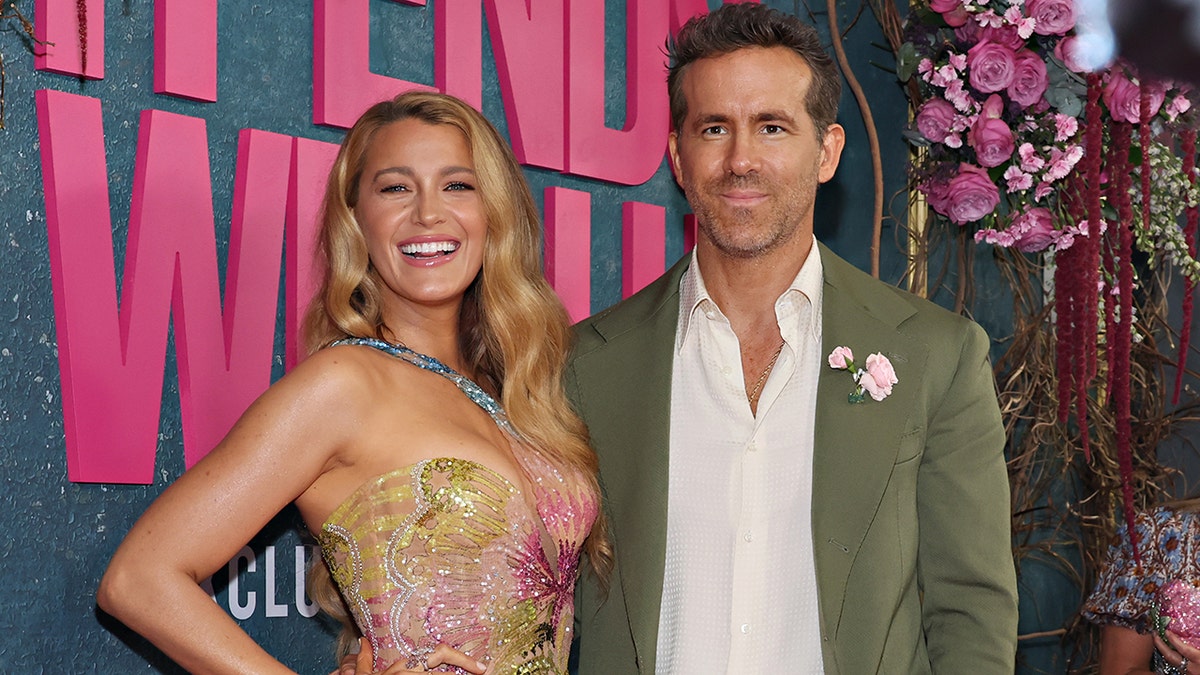
Lively’s claims encompass a broader tapestry of allegations: sexual harassment, retaliation, emotional distress, and negligence, made against Baldoni and producer Jamey Heath. Her struggle for justice began long before the cameras rolled, as she brought forth concerns about misconduct directly and courageously.

According to her legal complaint, “Ms. Lively was forced to address concerns about Mr. Baldoni and Mr. Heath’s misconduct directly, and commenced doing so months before filming.” This paints a powerful picture of a woman not only fighting for her own dignity but also advocating for her colleagues.
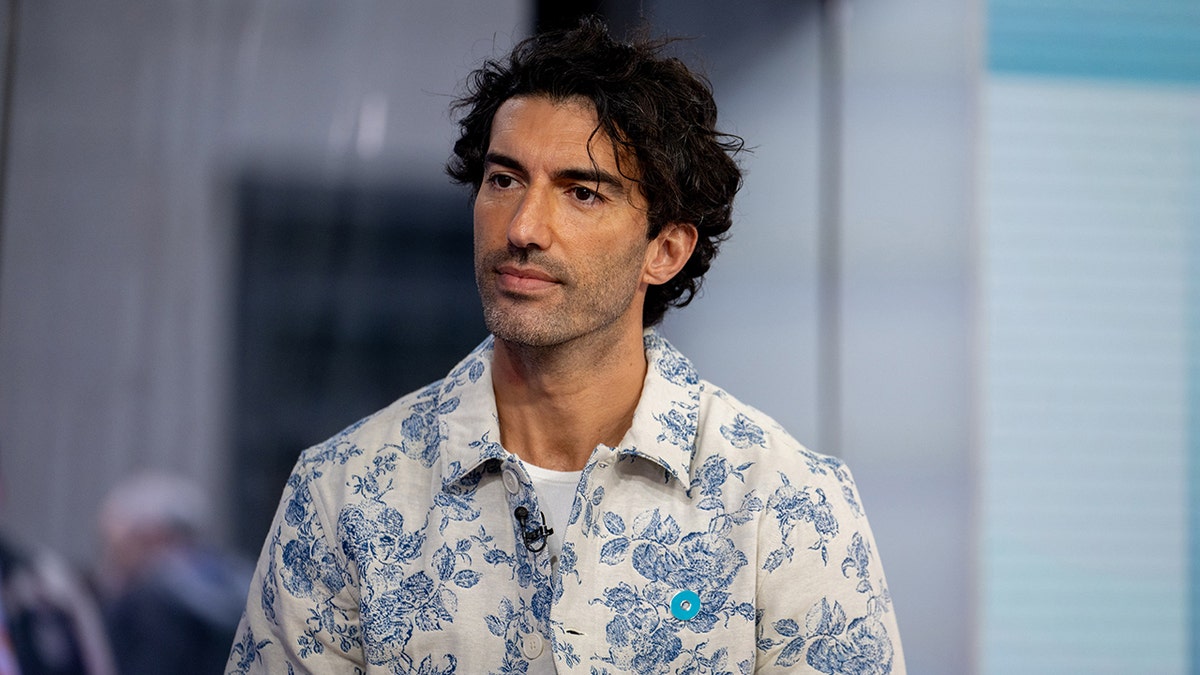
In a fervent defense, Freedman conveyed to The Times, “These claims are completely false, outrageous, and intentionally salacious with an intent to publicly hurt and rehash a narrative in the media.” This paints a picture of the tumultuous nature of Hollywood where personal and professional realms often collide.
Even in the face of adversity, Baldoni has taken legal steps against The New York Times for defamation. His attorney has suggested that Lively may also face a lawsuit as the situation continues to unfold.
On the other hand, Lively’s representatives argue that her allegations are indeed supported by solid evidence, further complicating this tangled narrative.

In a world where the line between fiction and reality blurs so seamlessly, the implications of these allegations remind audiences that the art we create comes with real emotional stakes. It’s a sobering reminder that not everything that glitters is gold.


























